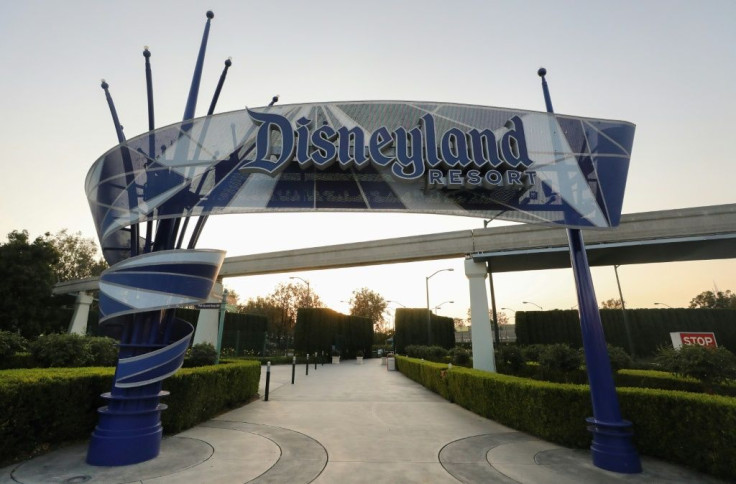Disneyland Brings Back Annual Passes -- With A Twist
Disneyland stunned theme park fans in January when it ended its annual pass program at its California resort, but it's coming back with a few tweaks later this month. On Tuesday afternoon, Walt Disney's (NYSE:DIS) original theme park resort unveiled Magic Key, the new pass platform that will go on sale come Aug. 25.
The names and price points are different, but it's basically a similar tiered approach, with cheaper options for those willing to accept more blockout dates and lower in-park discounts, as well as pay for parking. The new Magic Key passes start at $399 for a special pass restricted to Southern California residents, maxing out at $1,399 for the plan available to all Disneyland visitors without any blockout dates.
Reservations required
A big difference between the old passes that Disneyland refunded in January and the new program is that Magic Key buyers will have to secure park reservations for the park they want to visit on any given date. Magic Key holders can have between two and six park reservations open at any time based on the pass they have purchased.
Disney introduced a system for advance park reservations when it began to open its theme parks last year. It was a reasonable way to keep crowd levels in check during the darkest stretches of the pandemic, with theme parks letting in as little as 25% of a gated attraction's previous capacity, but Disney has stuck to the program even as it has loosened the reins on tight guest counts.
Securing park reservations for everyone in a traveling party has been a sticking point for Disney World pass holders since it reopened 13 months ago with the platform in place. There has generally been better availability for folks buying one-day tickets or staying at a Disney resort to secure access on any given operating day.
The new Magic Key program in California -- as well as the resumption of new Disney World annual passes in the coming weeks -- are all about improving the monetization of its theme parks. Pass holders don't tend to spend as much on average as out-of-towners making a rare visit. Throttling the regulars with a park reservation system frees the world's largest theme park operator to regulate crowds during peak travel periods. It goes one step beyond blockout dates, ultimately increasing per-capita spending on admissions and inside the park.
Since Disneyland refunded all of its pass holders (unlike Disney World, which stopped selling new passes but continued to renew existing passes), it's going to be starting from scratch here. It's going to learn a lot about consumer demand and whether the required reservations will be a deal breaker for potential buyers. Disneyland fans aren't going to like everything about Magic Key, but if you were going to revamp an annual pass program, you may as well do it following a lull where the California parks were closed for more than a year through the pandemic.
There will be growing pains, and unlike other theme park and regional amusement park operators, Disney has the benefit of being a well-diversified media stock. It can turn a profit even when its theme parks aren't at their best. The new Magic Key passes aren't perfect, but it's better than having no annual pass at all. Now all eyes turn to Florida, where Disney is promising information on its resumption of passes later this month, with sales likely resuming in September. It's not such a small world, after all.

This article originally appeared in the Motley Fool.
Rick Munarriz owns shares of Walt Disney. The Motley Fool owns shares of and recommends Walt Disney. The Motley Fool has a disclosure policy.





















